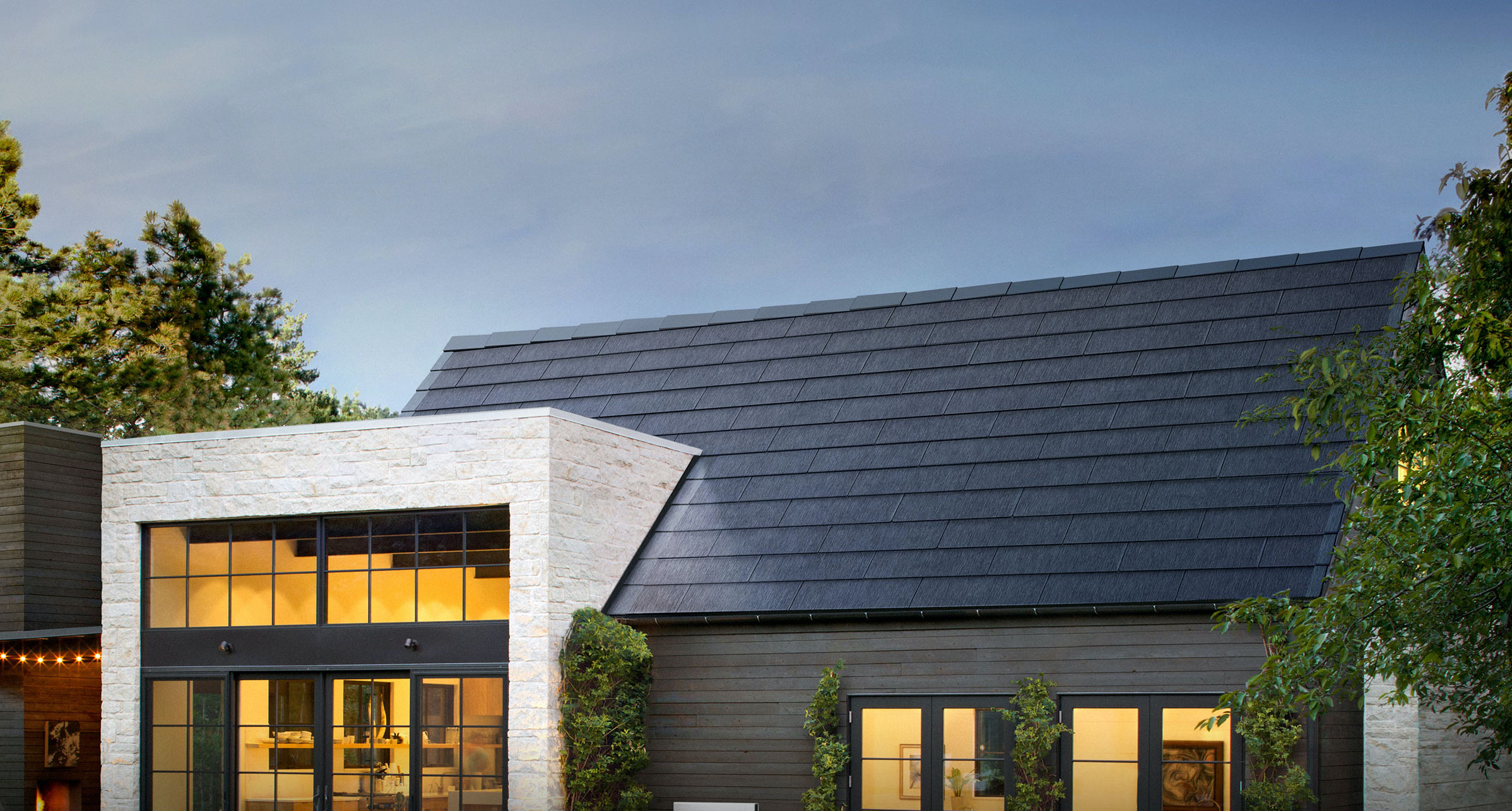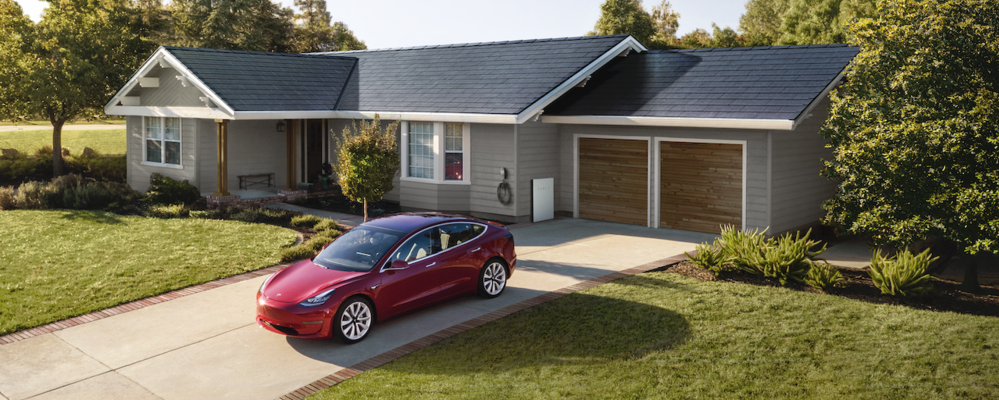Solar Roof Cost
Introduction
Solar roofs are an innovative and eco-friendly solution that harnesses the power of the sun to generate electricity for residential and commercial buildings. By integrating solar panels directly into the roof, these systems offer a seamless and aesthetically pleasing alternative to traditional solar installations.
Understanding Solar Roof Cost Factors
When considering the cost of a solar roof, it is important to take various factors into account. These factors can significantly impact the overall expense of installing and maintaining a solar roof system.
A. Roof Size and Complexity
The size and complexity of the roof play a vital role in determining the cost of a solar roof. Larger roofs may require more solar panels, which can increase the upfront cost. Additionally, roofs with multiple angles or obstructions like chimneys or skylights may require additional customization, affecting the overall installation cost.
B. Energy Needs
The energy needs of a building will influence the size and capacity of the solar roof system required. Buildings with higher energy demands will generally require more solar panels, which can impact the overall cost.
C. Quality of Solar Panels
The quality and efficiency of the solar panels used in a solar roof system can vary, affecting both the upfront cost and long-term performance. Higher quality panels may come at a higher price but can offer greater energy production and durability, providing better value over time.
D. Incentives and Rebates
Government incentives, tax credits, and rebates can significantly reduce the cost of installing a solar roof system. These incentives vary by location and can help offset the initial investment, making solar roofs more affordable.
E. Maintenance and Warranty
Consideration should also be given to the long-term maintenance and warranty costs associated with a solar roof system. Understanding the warranty coverage and any ongoing maintenance requirements can help calculate the overall cost over the system’s lifespan.

Breakdown of Solar Roof Cost
Investing in solar panels is not only an environmentally-friendly choice but also a smart financial decision in the long run. However, understanding the breakdown of solar roof costs can be complex. In this article, we will explore the various factors that contribute to the overall cost of installing a solar roof system.
A. Equipment and Materials
- Solar Panels: The heart of any solar energy system, solar panels convert sunlight into electricity. The cost of solar panels depends on their wattage, efficiency, and manufacturer. Generally, higher-efficiency panels tend to be more expensive but can generate more electricity over time.
- Mounting and Racking Systems: These components secure the solar panels to your roof. The cost can vary depending on the type of roof you have (shingle, tile, metal, etc.) and the complexity of the installation.
- Inverters and Converters: Solar panels generate DC (direct current) electricity, which needs to be converted into AC (alternating current) electricity for use in your home. Inverters and converters handle this conversion and can vary in cost depending on their capacity and efficiency.
- Batteries (if applicable): If you want to store excess electricity for use during cloudy days or power outages, you may opt for a battery storage system. Battery costs can vary depending on their capacity and brand.
B. Installation Expenses
- Labor Costs: Installing a solar roof system requires skilled professionals. Labor costs can vary depending on the complexity of the installation, the size of the system, and local labor rates.
- Permitting and Inspection Fees: Before installing a solar roof system, you may need to obtain permits and have inspections carried out by local authorities. These fees can vary depending on your location and the size of the installation.
C. Maintenance and Warranty Costs
- Cleaning and Upkeep: Solar panels require regular cleaning to ensure optimal efficiency. The frequency and cost of cleaning will depend on factors such as your location and the amount of dust or debris that accumulates on the panels.
- System Performance Monitoring: It is essential to monitor the performance of your solar roof system to ensure it is generating the expected amount of electricity. Some monitoring systems come bundled with the initial installation cost, while others may require ongoing subscription fees.
In addition to these costs, it is worth considering the potential savings and financial incentives that come with installing a solar roof system. These can include federal and state tax credits, net metering programs, and reduced electricity bills.
While the upfront cost of installing a solar roof system may seem significant, it is essential to consider the long-term benefits and potential return on investment. By generating your own electricity from renewable sources, you can reduce your reliance on the grid and protect yourself from future electricity price hikes.

Conclusion
Installing a solar roof offers numerous benefits, including reduced electricity bills, environmental sustainability, and energy independence. While the cost of a solar roof can vary based on factors such as roof size, energy needs, and panel quality, the long-term savings, and positive environmental impact make it a worthwhile investment. By evaluating these cost factors and exploring available incentives, individuals and businesses can make an informed decision about adopting solar roofs.
